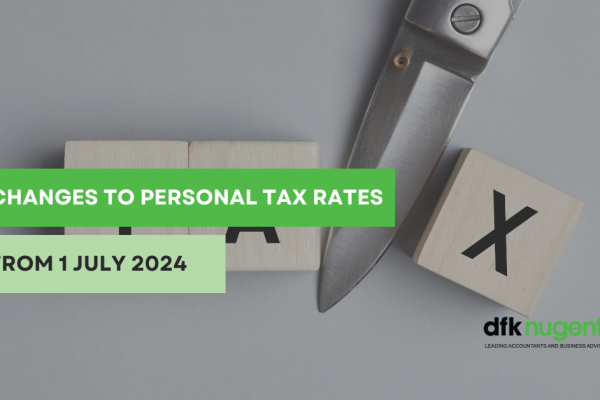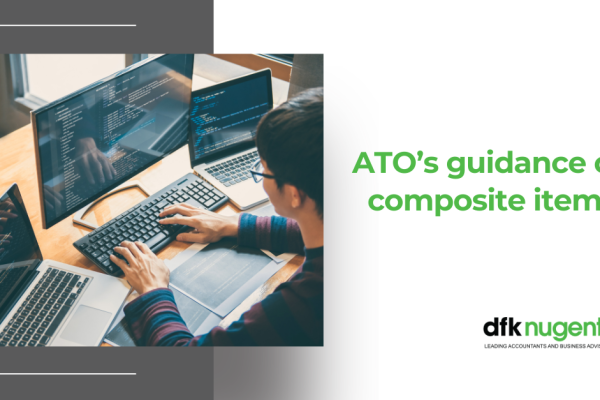
If you don’t know what cryptocurrency is, you must have heard of Bitcoin. Cryptocurrencies, such as Bitcoin, are generally a digital asset or currency which operates independently of a central bank, authority or government. With the rise in popularity of cryptocurrencies in the past few years, the ATO has worked hard to establish a guide where they can implement tax on this virtual asset. As there are now a wide array of cryptocurrencies and some growing too fast for many government bodies to keep up, the current information available generally relates to Bitcoin or other crypto and digital currencies that have similar characteristics to Bitcoin.
What should I do if I invest in Cryptocurrencies?
If you transact or have transacted with cryptocurrencies in the past, it is important to keep a good record of all your transactions whether you are using these for investment, business or personal use.
Capital Gains Tax and Cryptocurrency
A Capital Gains Tax event occurs when you dispose of your cryptocurrency. Capital Gains is considered when you:
- Sell or gift cryptocurrency
- Trade or exchange cryptocurrency
- Convert crypto to Australian Dollars or any other currency established by government regulation
- Use it for goods or services
What do I need to keep records of?
You need to keep records of the following in your transactions:
- Date of transaction
- Value in Australian Dollars
- Purpose of transaction and to whom
- Receipts of any purchases and transfers
- Records of Agent, accountant and legal costs
- Software costs in managing your tax affairs
When you keep clear records, it will make it easier to calculate and meet your tax obligations.

Will I be taxed on the disposal of Cryptocurrency?
It depends. There are certain capital gains or losses from the disposal of a cryptocurrency for personal use asset that may be disregarded.
If the disposal happens as part of a business that you carry on, the profits that were generated will be assessable as ordinary income and not as capital gains.
If you are acquiring cryptocurrency as an investment, you will have to pay tax if the capital proceeds from the time of disposal is more than its cost base. Additionally, you will also not be entitled to the personal use asset exemption. If you hold your cryptocurrency as an investment for over 12 months however, you may be entitled to a Capital Gains Tax discount for when you dispose of it.
If you make a net capital loss on your cryptocurrency at the time of disposal, you may use it to reduce your capital gains later in the year but you cannot deduct it from your other income.
What classifies as personal use?
As mentioned previously, some capital gains or losses that come from personal use disposal of cryptocurrency can be disregarded.
So what defines personal use? While the definition can be complex, and will generally be taken case by case, below is a simple definition.
Cryptocurrency is classified as personal use if it is used mainly to purchase items for personal consumption or handling. An example of this could be if you bought concert tickets or a video game with cryptocurrency.
If you would like to discuss any of the matters addressed in this update please do not hesitate to contact our office.

Level 1 6 Riverside Quay, Southbank VIC 3135
(03) 9693 5000
office@dfknugents.com.au




